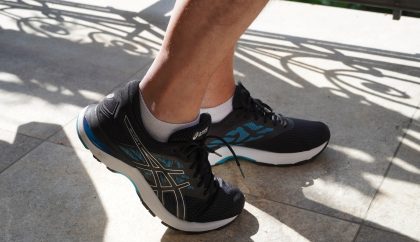
Stretched beyond the limits
It is a common phenomenon we know from cracked sneakers and burst tyres, and when it occurs it is usually in …
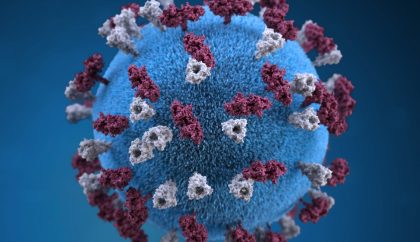
Hunting for the molecular Achilles heel of Sars-CoV-2
HITS Researchers are collaborating on drug discovery against SARS-Cov-2, the virus that causes Covid-19 disease. Rebecca Wade and her group are …
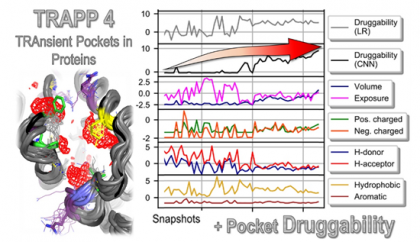
New version of TRAPP released
Version 4 uses machine learning and molecular simulation to predict druggability Researchers from the Molecular and Cellular Modeling (MCM) group at HITS …
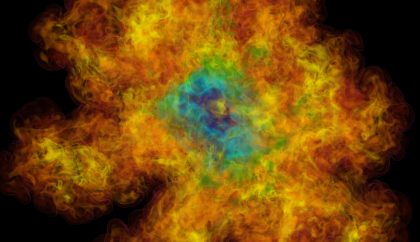
An explosive result
Nuclear physicists from Finland, Denmark, and Germany succeeded to experimentally determine nuclear processes operating at conditions ten million times denser and 25 …
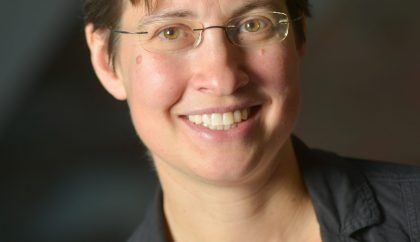
Distinction for Anna Wienhard
Anna Wienhard, group leader at HITS and professor at the Mathematical Institute of Heidelberg University, has been elected ordinary member of …

The best of both worlds
KIMMDY is born! A new simulation scheme combining Molecular Dynamics (MD) simulations with Kinetic Monte Carlo (KMC) enables bond scissions in …
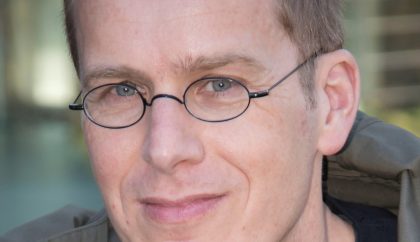
HITS researcher Michael Strube is Fellow of the ACL
Michael Strube, leader of the Natural Language Processing group at the Heidelberg Institute for Theoretical Studies (HITS), has been appointed Fellow …

From Brazil to Germany: Challenges and Advantages
An Interview with HITS researcher Ariane Nunes-Alves about her experiences in Brazil and Germany. You were born and raised in Sã…
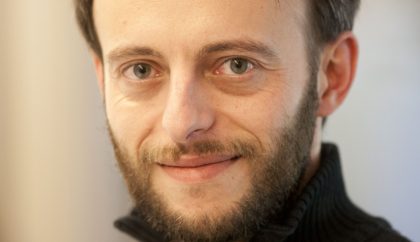
Again: “Highly Cited Researcher” at HITS
HITS scientist Alexandros Stamatakis belongs to the most cited researchers worldwide, according to this year’s “Highly Cited Researchers” ranking by …

Data visualization with SABIO-VIS
Collecting and curating data has never been more important – especially for systems biology. If already existing data isn’t available to …